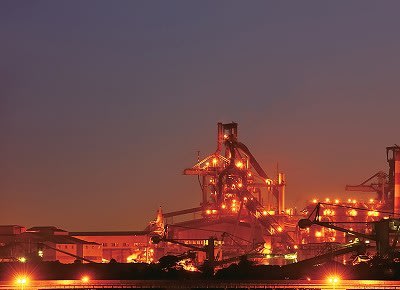Former Prime Minister Shinzo Abe was shot dead during the speech, and the ruling Liberal Democratic Party will probably win by collecting votes, though not sympathetic. A large-scale national election following the lower house election immediately after taking office in October last year. Responses to high prices and security policies will be lacking in certainty.
Even so, the reaction of foreign media is to the end of the Japanese economy. It shows that former Prime Minister Abe's ability to deal with economic measures is highly evaluated. Conversely, other politicians show that they are evaluated as amateurs in economic policy.
Not all politicians. All media, including the Internet, have fallen into a halt in thinking, and no fragments of belief in revitalizing the economy can be found. At best is a travel subsidy. It's just a sneak peek into the travel industry. Japan cannot survive unless it breaks away from the business model of value-added trade that has become a thing of the past and focuses more on the internationalization of the service sector. The market is crowded with the countries that are good at primary industries, such as China and India.
From the end of the 20th century, a global supply chain will be established, and multiple countries will be involved in the production process before one good is sold to consumers as a final good. It has become. As a result, the gap between the export value measured by the transaction value and the export value measured by the added value value has widened, and the source of the added value cannot be understood even by looking at the export value measured by the transaction value alone. More, the media must seriously discuss the Japanese economy. There is no future in leaving it to foreign countries.
Will Abe's assassination affect Japan's elections? | Inside Story










